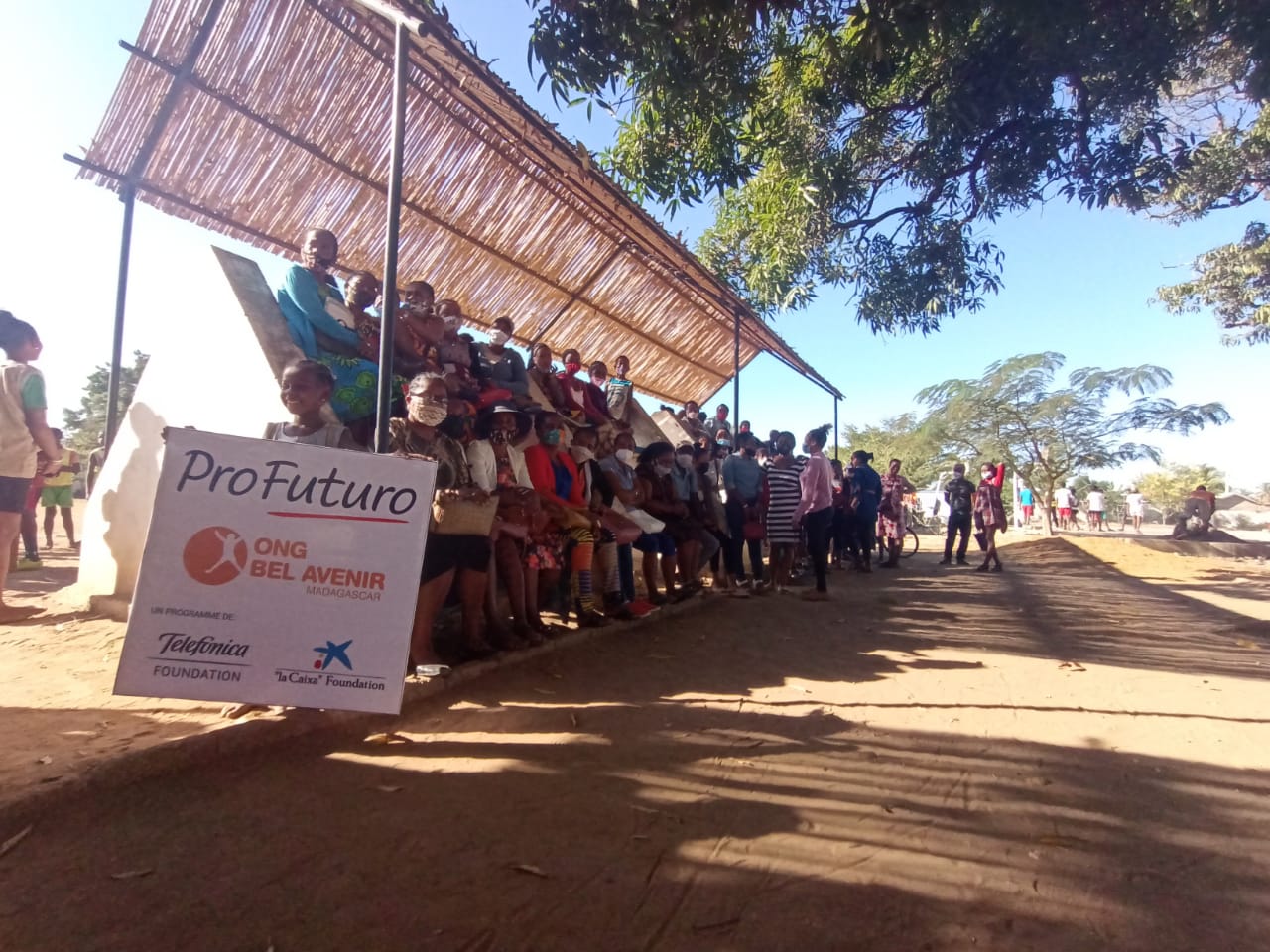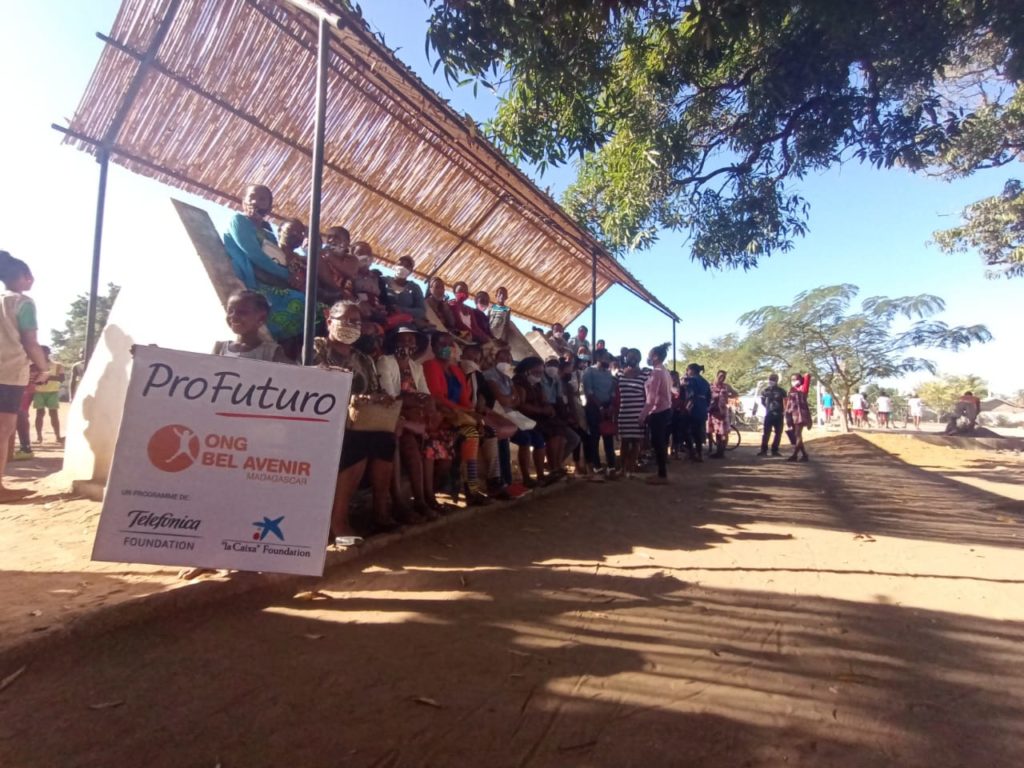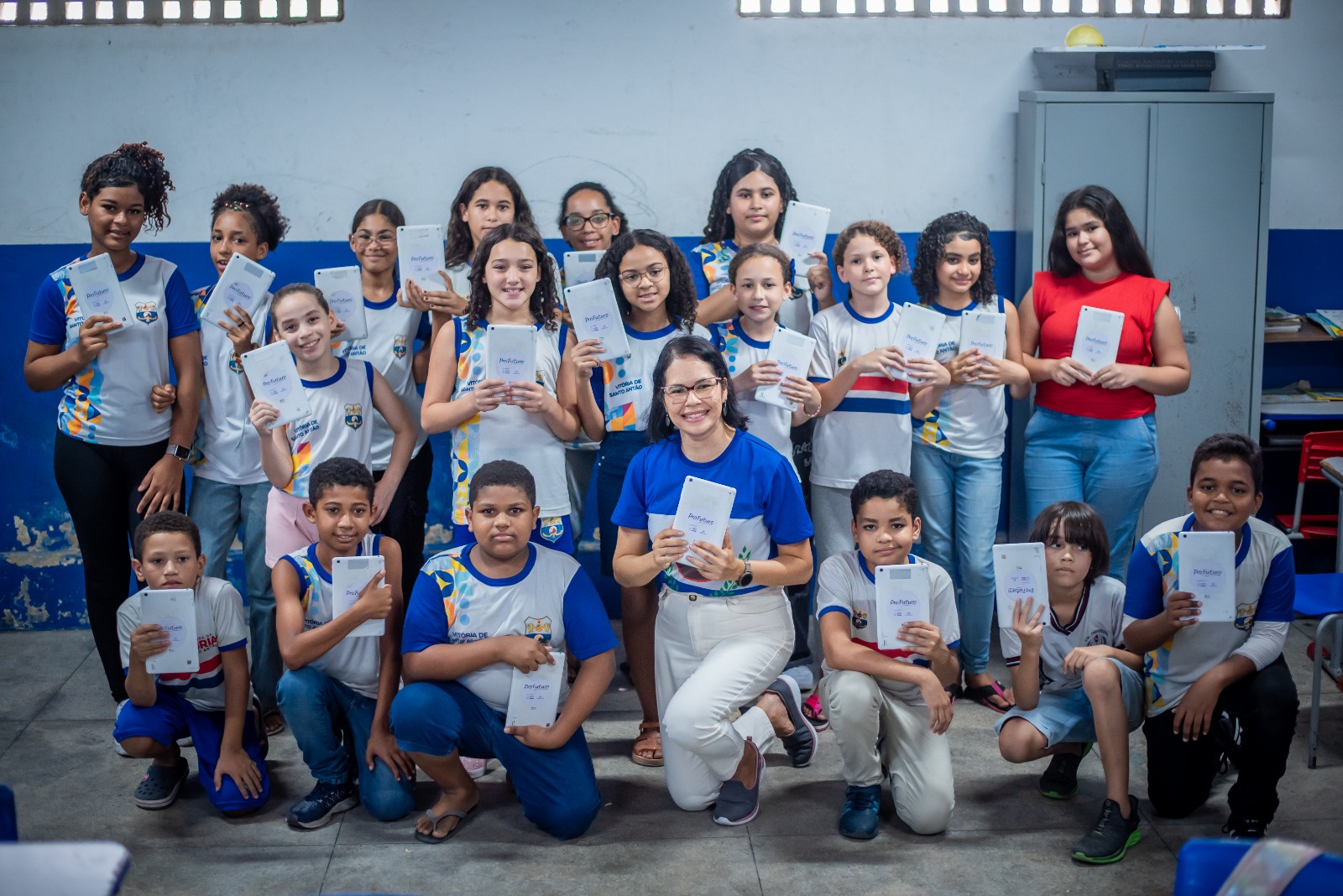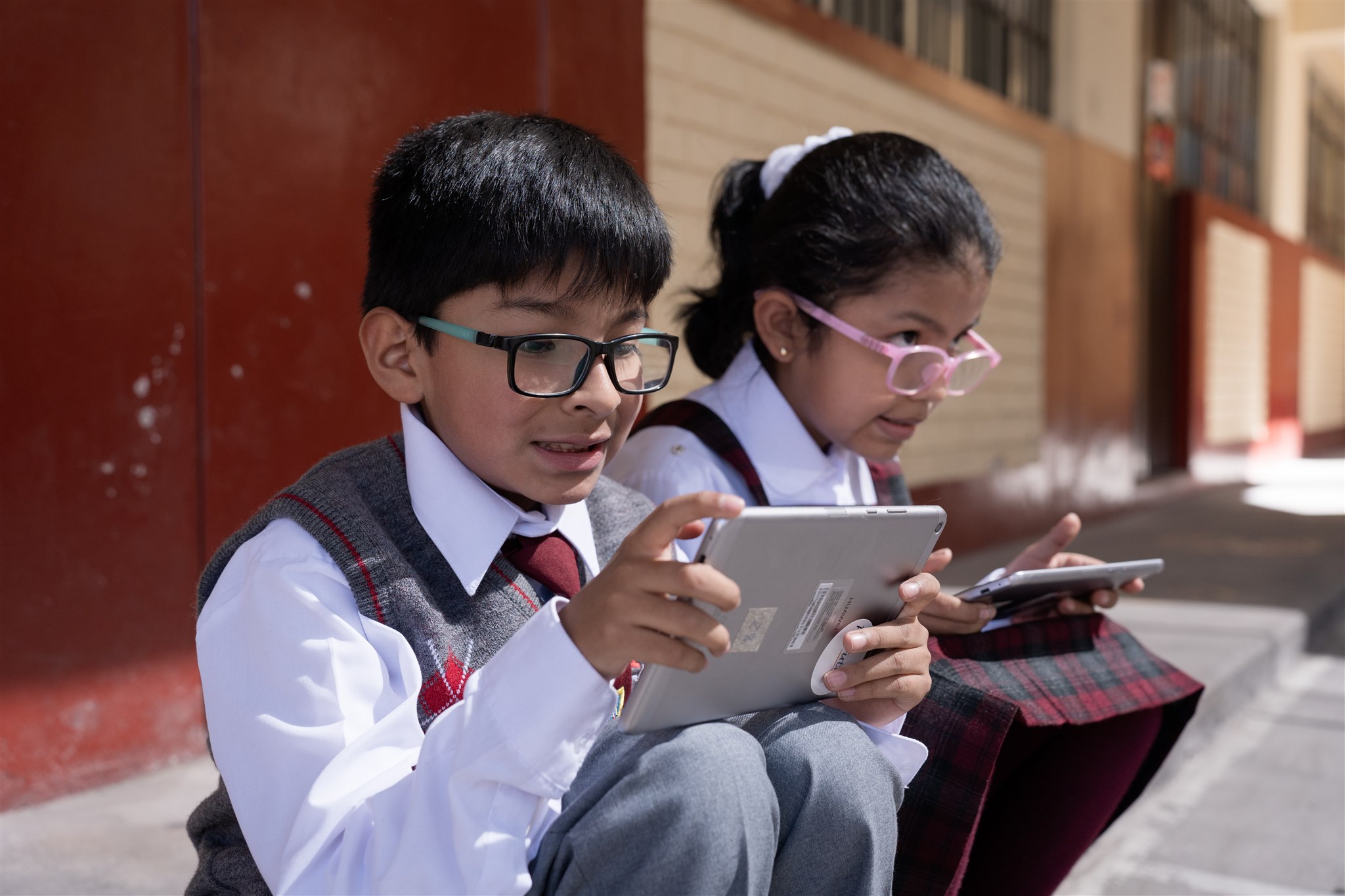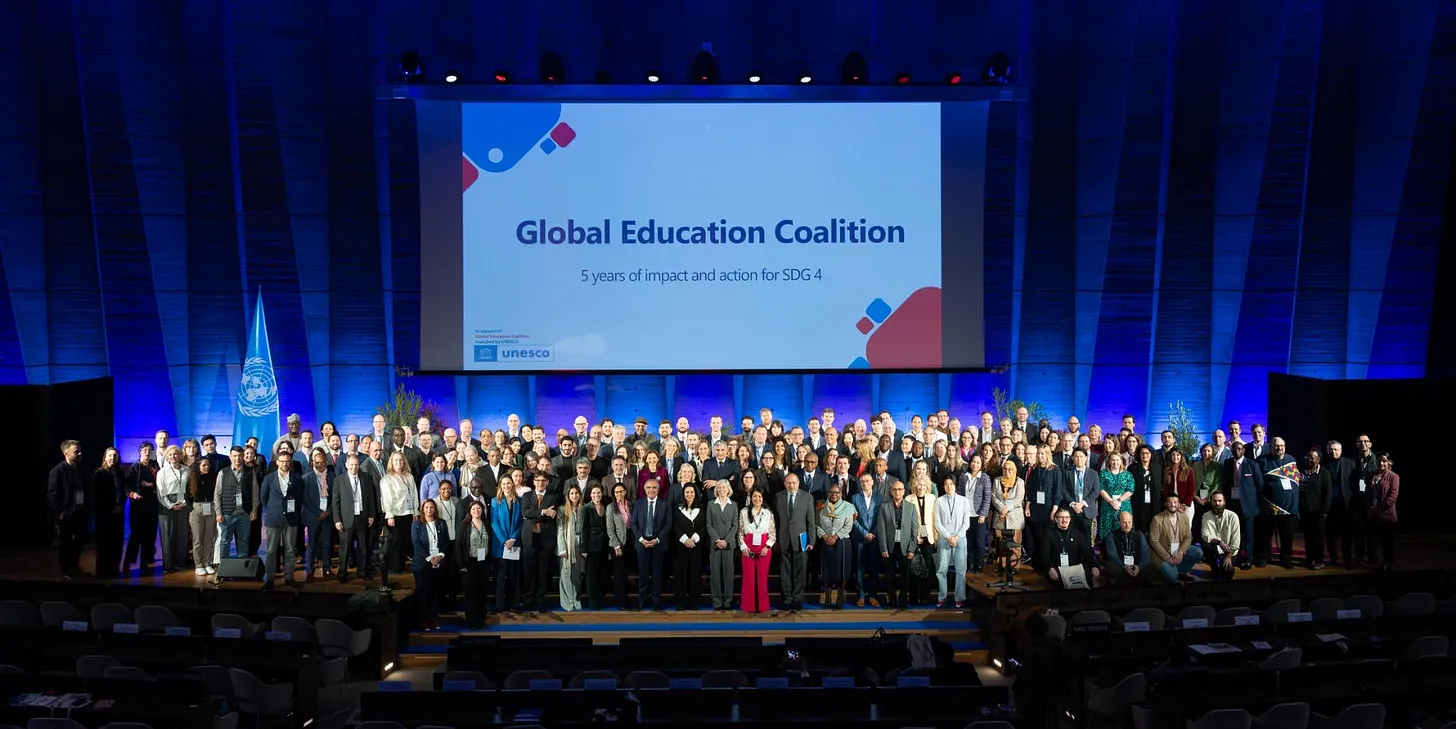ProFuturo was welcomed into Madagascar in 2016 by the Archdiocese of Antsiranana. This is one of the first countries where we implemented our project, reaching 13 schools in the Sava and Diana regions in the northern part of the country. It currently benefits more than 100 teachers and almost 4,000 children.
However, our biggest challenge, which we’ve now overcome, has been to bring education closer to the schools in the southern part of the country. Thanks to the joint work with the Agua de Coco Foundation, we’re launching our activity in this area. The alliance will benefit more than 100 teachers at 30 schools in two main areas: Tulear and Antshoamadiro.
The southern part of Madagascar: an educational challenge
Southern Madagascar is one of the most vulnerable areas in the world. Power shortages and difficulties with internet connectivity pose real challenges when it comes to bringing our educational program to these schools and communities.
“Southern Madagascar is a long way from Antananarivo, the capital, where all the high-quality teaching is to be found. In this area the state schools offer very basic primary education and the quality is getting worse and worse”, declared José Luis Guirao, President of the Agua de Coco Foundation.
ProFuturo and the Agua de Coco Foundation therefore decided to adapt our educational program to this context. Thus, the “ProFuturo Room” set up in the Las Salinas School in the Tulear area will serve as a training centre for more than 100 teachers from the 30 schools in the vicinity. The program will be based on the teaching of new technologies and learning methodologies.
Furthermore, with the aim of continuing to bring the project closer to remote areas, such as those served by the Los Zafiros School in Antshoamadiro, the “ProFuturo Room” will host the teachers at the above school for one week to enable them to undergo intensive training and thus deploy the project in the area. “ProFuturo’s support at these schools is crucial. I believe that, together with Agua de Coco, we’re going to establish a before and after with the introduction of pedagogical training by means of computers and the online system”, stated Guirao.
The educational context in Madagascar
Madagascar is the largest island country in Africa and the fourth largest in the world. It has a population of over 26 million and it’s ranked 164th in the 2019 HDI (Human Development Index) . According to the World Bank, more than 92% of the Malagasy population live on less than two US dollars a day.
Madagascar is a country where the most vulnerable groups, particularly women and children, have very limited access to basic services. José Luis Guirao explains how one of the main goals of the Agua de Coco Foundation in the south is to ensure that the household chores are shared between the boys and girls. The girls have no time for play, as they have to do the housework and cooking and fetch water every morning.
This context of vulnerability consequently extends to the educational sphere. The challenges of bringing education to the country’s children are great and, according to UNICEF, despite the increase in enrolments over the last ten years, many children don’t attend school because their families are unable to contribute to the salaries of the teachers recruited by the communities. “The teachers are poorly paid, with many months of unpaid salaries, and this is reflected in the precarious level of the teaching”, confirmed Guirao. Other major problems are the overcrowded classrooms and the shortage of learning materials.
However, partnerships such as the one between ProFuturo and the Agua de Coco Foundation demonstrate how working together can be an infallible driving force in taking education to any area, regardless of the situation it finds itself in. With our digital education program we continue to believe in the transformational power of education through high-impact agreements such as the one that will benefit Madagascar.



